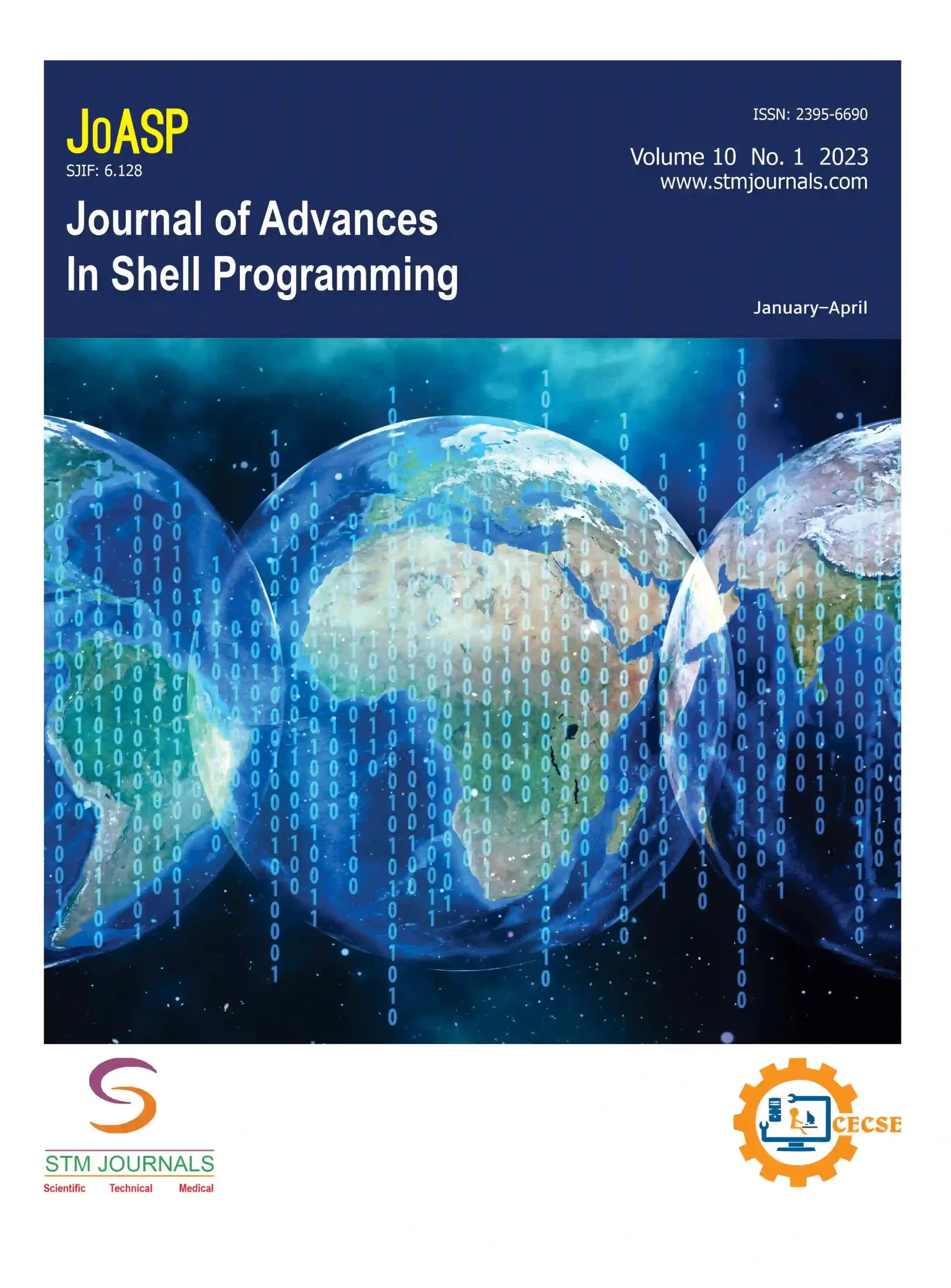
Sumit Chandak,

Sunil Pipleya,

Amit Chandak,
Abstract
This article aims to enhance the efficiency and effectiveness of the supply chain within the Indian automotive sector through the application of innovative information technology tools and artificial intelligence. To achieve this goal, the study focuses on three main objectives: identifying key driving factors through an extensive literature review, analyzing the interrelationships among these factors, and prioritizing them based on their importance. In today’s competitive environment, customer satisfaction is paramount for businesses. Through rigorous literature review, ten influential factors, particularly those related to information technology tools, have been identified. A unified model is proposed to strengthen the supply chain of the Indian automotive sector, thereby improving marketing activities and future efficacy. By employing the Design Making Trial and Evaluation Laboratory (DEMETEL), data on the impact and effectiveness of each factor are collected, and a multi-level structured model is constructed to determine causal relationships. Factor ranking is determined through the DEMETEL Multiple Criteria Decision Making (MCDM) method. The findings suggest that implementing strategies based on these identified factors can significantly enhance the marketing effectiveness of Indian MSMEs, ultimately leading to a more efficient supply chain in the Indian automotive industry.
Keywords: Supply Chain Management, Information Technology, Artificial Intelligence
[This article belongs to Journal of Advances in Shell Programming(joasp)]
References
1. Bai, C., & Satir, A. (2020). Barriers for green supplier development programs in manufacturing industry. Resources, Conservation and Recycling, 158(February), 104756.
2. Behl, A., Gaur, J., Pereira, V., Yadav, R., & Laker, B. (2022). Role of big data analytics capabilities to improve sustainable competitive advantage of MSME service firms during COVID-19–A multi-theoretical approach. Journal of Business Research, 148, 378–389.
3. Bike, Z., & Ruichang, W. (2023). Construction of equipment evaluation index system of emergency medical rescue based on Delphi method and analytic hierarchy process. Ain Shams Engineering Journal, 14(2), 101870.
4. Chandak, S., & Kumar, N. (2020). Development of a framework to improve supply chain performance through e-business and sustainability enablers: An emerging economy perspective. Management of Environmental Quality: An International Journal, 31(5), 1045–1070.
5. Dalkey, N., & Helmer, O. (1963). An experimental application of the Delphi method to the use of experts. Management science, 9(3), 458–467.
6. Gupta, S., Modgil, S., Choi, T. M., Kumar, A., & Antony, J. (2023). Influences of artificial intelligence and blockchain technology on financial resilience of supply chains. International Journal of Production Economics, 261, 108868.
7. Kalia, P., Kaur, N., & Singh, T. (2018). E-Commerce in India: evolution and revolution of online retail. In Mobile commerce: Concepts, methodologies, tools, and applications (pp. 736–758). IGI Global.
8. Kumar, N., Kanchan, U., & Gupta, A. (2017). Online Shopping Behaviour of Customers in Tier III Cities of India: A Study of Bareilly Region. Journal of General Management Research, 4(2).
9. Maheshwari, S., Gautam, P., & Jaggi, C. K. (2021). Role of Big Data Analytics in supply chain management: current trends and future perspectives. International Journal of Production Research, 59(6), 1875–1900.
10. Mohsen, B. M. (2023). Developments of digital technologies related to supply chain management. Procedia Computer Science, 220, 788–795.
11. Morgan, N. A. (2012). Marketing and business performance. Journal of the Academy of Marketing Science, 40(1), 102–119.
12. Rajput, S., & Singh, S. P. (2018). Current trends in Industry 4.0 and implications in container supply chain management: a key toward make in India. Digital India: Reflections and Practice, 209–224.
13. Sharma, A., Mehtab, R., Mohan, S., & Mohd Shah, M. K. (2022). Augmented reality–an important aspect of Industry 4.0. Industrial Robot: the international journal of robotics research and application, 49(3), 428–441.
14. Singh, R. K., & Sharma, M. K. (2014). Prioritising the alternatives for flexibility in supply chains. Production Planning & Control, 25(2), 176–192.
15. Wason, R., Bhardwaj, B. R., & Jain, V. (2020). Enabling Digital Twin through Blockchain: A Strategic Perspective. In Blockchain Technology and Applications (pp. 185–212). Auerbach Publications.

Journal of Advances in Shell Programming
| Volume | 11 |
| Issue | 02 |
| Received | June 14, 2024 |
| Accepted | June 24, 2024 |
| Published | July 4, 2024 |

